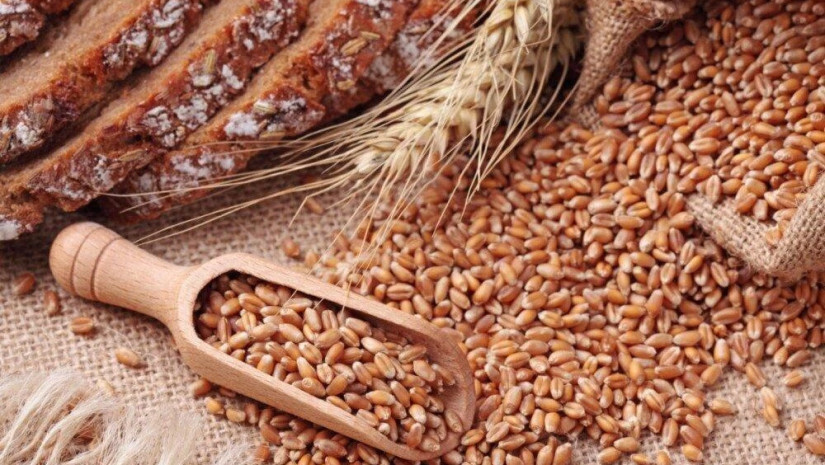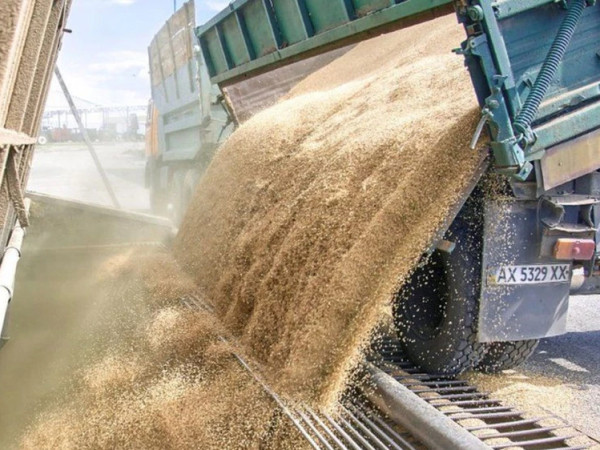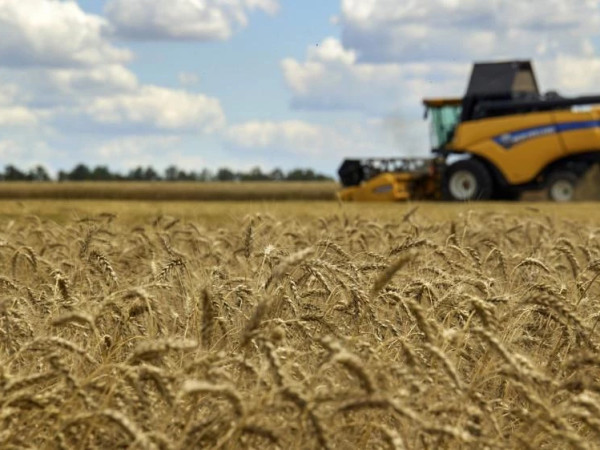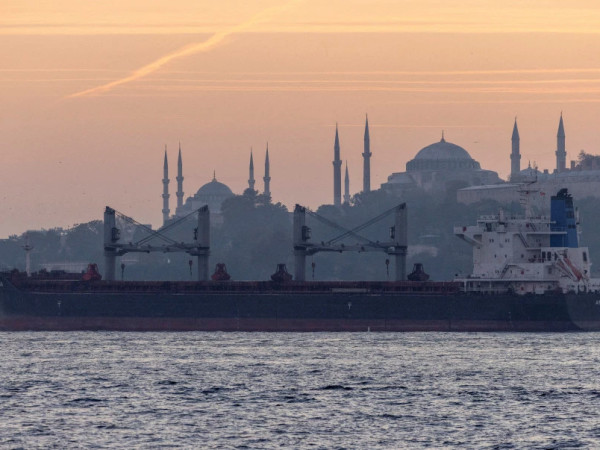Kyiv and Moscow signed a deal on Friday to free up Ukrainian grain exports that have been blocked since February.
The proposal marks the first major agreement between the two warring sides and has boosted hopes that a worsening food security crisis can now be eased.
Ukraine said earlier on Friday that they would not sign a deal with Russia, but rather both sides would each sign separate deals with Turkey and the UN.
What do we know about the deal?
A spokesman for Turkish President Recep Tayyip Erdogan tweeted that the agreement would be signed in Istanbul on Friday.
Full details of the plan, which Turkey and United Nations chief Antonio Guterres have been working on for months, were not immediately released.
However, reports suggest that the parties have agreed that ships bound for Ukraine will first be searched to ensure no weapons or other military equipment are on board.
Searches will also take place when ships carrying grain from Ukrainian ports want to move in the other direction through the Bosphorus Strait.
A coordination center would be established in Istanbul and would include UN, Turkish, Russian and Ukrainian officials.
What has Ukraine said about the deal?
Ukrainian presidential advisor, Mykhailo Podolyak, wrote on Twitter on Friday that Ukraine would not sign a deal directly with Russia, but that they would sign "mirror agreements" with Turkey and the UN.
Podolyak also said that Russian ships could not escort the grain vessels nor could Russia have any presence in Ukrainian ports.
"All inspectors of transports ships will be carried out by joint groups in Turkish waters in the event of such a need," he added.
Kyiv has also sought guarantees that Russia won't use the safe shipping corridors created by the deal to attack the Black Sea port of Odesa.
Guterres, meanwhile, arrived in Istanbul late Thursday for the signing ceremony due to take place Friday afternoon.
The United States has cautiously welcomed the deal. US State Department spokesperson Ned Price said Washington would focus on holding Moscow accountable for keeping to the terms of the agreement.
How has food security been impacted by the blockade?
Since the conflict began, up to 25 million tons of wheat and other grain have been held up by Russian warships in Ukrainian ports.
Kyiv, meanwhile laid landmines in its waters to avert a feared amphibious assault, which has further hampered exports by sea.
Ukraine has also accused Russia of stealing grain from its eastern regions to sell, and deliberately shelling Ukrainian fields to set them on fire.
Although some of the grain is being transported through Europe by rail, road and river, the amount is small compared with sea routes.
The blockade has reduced grain supplies to markets around the world and sent prices soaring, sparking fears of famine in countries where food insecurity is already rampant.
Several parts of the Middle East and Africa now face serious food shortages.
Russia has denied responsibility for worsening food security. Instead, Moscow has blamed Western sanctions for slowing its own food and fertilizer exports.
The planned signing of the deal comes a day after Russia restored critical gas supplies to Europe via Germany, easing fears of an energy crisis this winter.
The Nord Stream 1 gas pipeline had been shut for 10 days of maintenance stoking fears it might not be turned on again.
However, while it did come back online, the gas being sent through was only at 40% capacity, DW reports.















